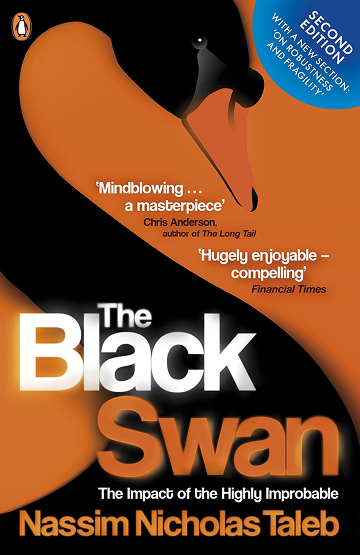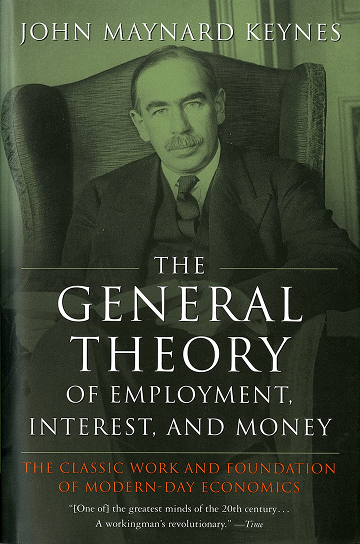
David Booth Biography, Career, Net Worth, and Key Insight



David Booth’s Profile Summary
|
Company
|
Dimensional Fund Advisors |
|---|---|
|
Position
|
David Booth is the Co-Founder and Executive Chairman of Dimensional Fund Advisors (DFA). |
|
Source of wealth
|
Management and performance fees from Dimensional Fund Advisors. |
|
Also known as
|
Philanthropist, advocate for academic research in finance. |
|
Age
|
74 |
|
Education
|
University of Chicago - Bachelor’s in Economics; University of Chicago - MBA. |
|
Citizenship
|
United States |
|
Residence
|
Austin, Texas, United States |
|
Family
|
David Booth's family includes his wife, a private individual, and their children. |
|
Website, Social Media
|
https://www.dimensional.com/ |
David Booth’s biography
David Booth was born in 1951 in the United States and is widely recognized for his contributions to the investment management industry. He earned his Bachelor's degree in Economics from the University of Chicago and later received an MBA from the same institution. In 1981, Booth co-founded Dimensional Fund Advisors, which has since become a leader in systematic investment strategies, focusing on empirical research and applying academic insights to investment processes. Under his leadership, DFA has pioneered a unique approach to portfolio management, emphasizing the importance of market efficiency and asset pricing theory. Booth is known for his commitment to using academic research to inform investment decisions, a principle that has shaped the firm’s philosophy. In addition to his professional achievements, he is also a noted philanthropist, contributing to various educational and research initiatives, particularly at the University of Chicago.-
How did David Booth make money?
David Booth makes money in the following areas:
Management and performance fees from Dimensional Fund Advisors.
-
What is David Booth net worth?
As of 2025, David Booth’s net worth is estimated to be $2B.
What is David Booth also known as?
David Booth is recognized not only for his role at Dimensional Fund Advisors but also for his significant philanthropic contributions, particularly in support of educational initiatives and research at the University of Chicago. He has actively promoted the importance of integrating academic research into financial practices, often funding programs and scholarships aimed at enhancing financial education. Additionally, Booth is known for advocating the application of financial theories in practical investment strategies, making him a prominent figure in discussions about finance and economics.Prominent achievements of David Booth
David Booth has received numerous accolades throughout his career, including the prestigious CFA Institute's "Outstanding Contribution Award" for his contributions to the investment profession. He is recognized for his efforts in advancing academic research in finance, having funded various research initiatives at the University of Chicago. Under his leadership, Dimensional Fund Advisors has consistently been ranked among the top investment firms globally, managing over $600 billion in assets.What are David Booth’s key insights?
David Booth's business philosophy centers on the application of rigorous academic research to investment strategies, emphasizing market efficiency and the importance of data-driven decision-making. He believes in the value of a long-term investment perspective, minimizing emotional biases, and focusing on fundamental principles of finance. His approach has been to democratize investment knowledge and make sophisticated strategies accessible to a broader audience.
David Booth’s personal life
David Booth is married and has children, although specific details about their names and professions are not widely publicized, reflecting his preference for privacy regarding his family life. His family is known to support his philanthropic endeavors, particularly in educational initiatives.
Useful insights
Understanding market forces
In my experience, to truly succeed as an investor, it’s essential to understand the driving forces behind market behavior. Market movements aren’t random—they’re influenced by a range of economic theories and dynamics. The following books provide valuable insights into these forces, offering a deeper understanding of how global financial markets operate and what shapes their trends.
-
Nassim Nicholas Taleb – "The Black Swan"

-
Summary:
Taleb explores the concept of rare, unpredictable events—so-called "Black Swans"—that can have massive impacts on markets and society. These events are often overlooked by traditional risk management models, leading to devastating consequences when they occur. Taleb illustrates how these unpredictable shocks shape our world, often more than gradual, expected changes.
-
Why read it:
This book challenges conventional thinking about risk and uncertainty, showing that many major historical and financial events were "Black Swans." It's a vital read for investors who want to build resilience in the face of market volatility.
-
-
John Maynard Keynes – "The General Theory of Employment, Interest, and Money"

-
Summary:
Keynes revolutionized economics by focusing on total demand within an economy and its effect on output and inflation. His theory suggested that government intervention could stabilize economic cycles through fiscal and monetary policy. The book also explains the consequences of under-consumption and the role of interest rates in managing economic stability.
-
Why read it:
For investors interested in macroeconomic trends and policy impacts, Keynes’ work is essential. Understanding the Keynesian framework can help investors predict how government actions might influence market performance.
-
Other profiles in category
Popular Financial Guides
Latest Financial News

Nikkei 225 closes at two-week high as bullish trend resumes and tech sector leads rally

Gold price prediction: Compression near $3,318 may spark breakout rally or drop































































































































